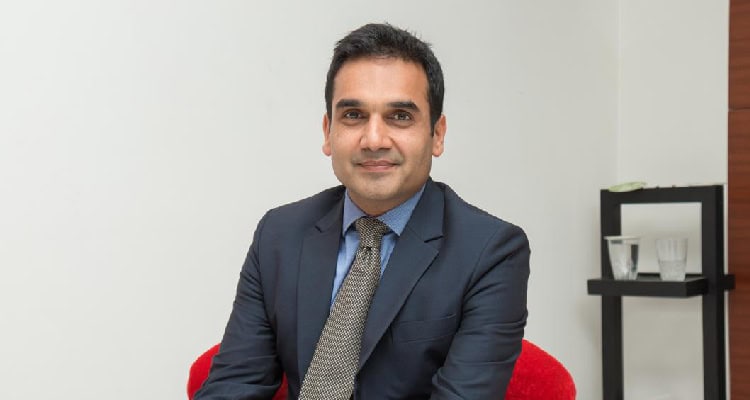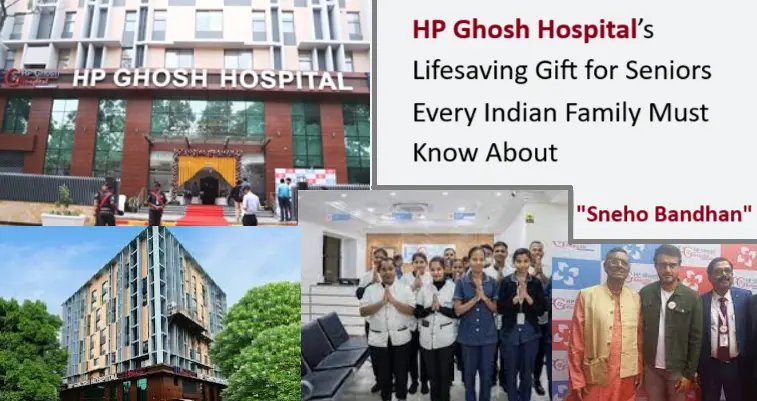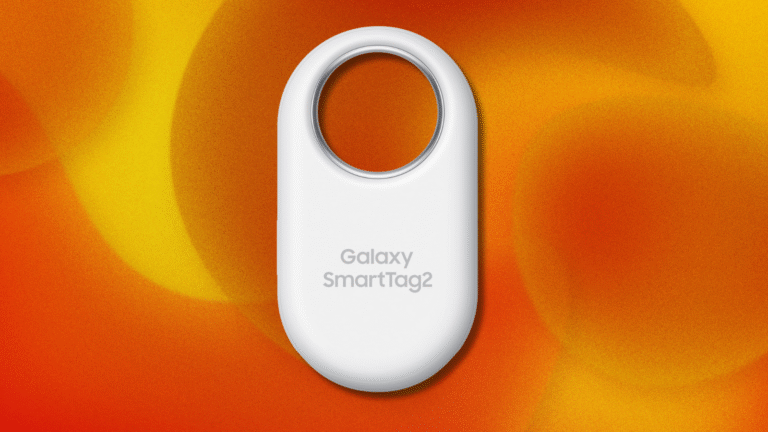

Life-threatening blood cancers such as leukaemia, lymphoma, and myeloma are contributing heavily to the country’s growing disease burden. The soaring incidences and high cost of treatment have become matters of serious concern. According to statistics, India ranks third in reported blood cancer cases, following the US and China. As per the latest GLOBOCAN 2022 report, India registered over 70,000 deaths due to blood cancer in 2021.
The report further highlights that leukaemia is the most common type of blood cancer in India, topping the incidence charts with 9,883 annual cases, followed closely by Non-Hodgkin Lymphoma, which affects 39,736 Indians annually, while 9,611 cases of Hodgkin Lymphoma are also reported each year. For many of those afflicted with blood cancer, diagnosis and treatment can be catastrophic, as most patients cannot afford the cost. However, a new chapter is unfolding in the management of blood cancers despite these daunting statistics. This transformation is marked by medical innovation, increasing awareness, and a growing ecosystem of support. India is now at a turning point in its fight against blood cancer, making critical advances in diagnosis, treatment, and research.
Breakthrough therapies in India
With advancements in medical science, India has made significant strides in the management of blood cancers. The country is now developing cutting-edge treatments like CAR-T cell therapy through academic and industry collaborations. Previously available only abroad at high costs, indigenous CAR-T cell therapies are now emerging at significantly reduced prices, offering hope to patients with relapsed or hard-to-treat cancers. These developments are bringing the much-needed revolution in the management of life-threatening blood cancers. In CAR-T therapy, a patient’s own genetically modified immune cells are used to identify and destroy cancer cells. The therapy has proven beneficial even for patients with relapsed or refractory disease, who previously had limited treatment options. Globally, CAR-T cell therapy has delivered remarkable results and now brings hope to Indian patients, eliminating the need to travel abroad for advanced care. The treatment cost has also come down substantially with the indigenous development of these life-altering therapies.
Other treatment innovations include more precise radiation therapy, next-generation targeted drugs, and improved protocols for bone marrow transplantation, long considered the gold standard in treating many blood cancers. These modern advancements are making world-class care increasingly accessible within India, reducing the need for patients to seek expensive treatments overseas. India is also becoming a key destination for medical tourism, accelerating its position as a leader in cutting-edge treatments globally. Additionally, the Union Budget 2025 demonstrated a strong commitment to making cancer care accessible and affordable. The government’s move to add 6 life-saving drugs to the list of those fully exempt from basic customs duty and to introduce concessional duties for six others has been a welcome relief for patients battling cancer, rare diseases, and chronic conditions. Further strengthening this effort, the government also announced GST exemptions on advanced cell and gene therapies, a progressive step that will help lower the cost burden of cutting-edge treatments and expand access to critical innovations in healthcare. These steps ensure that critical therapies remain affordable and accessible to those who need them the most.
The way ahead
To enhance access and affordability of advanced cancer treatments like CAR-T cell therapy, it is essential for government policies and insurance regulatory bodies to evolve. While initiatives such as Ayushman Bharat and the Health Minister’s Cancer Patient Fund have significantly improved access to basic cancer care, there is now a pressing need to expand these frameworks to include high-cost, cutting-edge therapy. Advocacy is crucial to ensure CAR-T cell therapy is recognised under public healthcare schemes and covered by insurance providers. This will help bridge the affordability gap and ensure equitable access to life-saving innovations for all patients, regardless of economic status.
To make transformative therapies like CAR-T cell therapy truly accessible in India, a multi-pronged approach is essential. First, investment in research, clinical trials, and local manufacturing must be prioritised to reduce costs and build indigenous capabilities. Encouraging public-private partnerships and incentivising innovation will help fast-track development and deployment while reducing reliance on costly imports. Equally important is the need to build robust support systems for patients and their families. CAR-T cell therapy, while clinically effective, can be emotionally and financially overwhelming. Additionally, ensuring equitable access across urban and rural regions is critical. Advanced cancer care must not remain limited to metropolitan centres. Strengthening infrastructure in Tier 2 and Tier 3 cities and training healthcare professionals are some of the key steps. With continued focus, innovation, and collaboration, India can lead the global fight against blood cancer and will offer not just hope, but real healing to those who need it most.






